Pennsylvania
When will Pa. primary election results be ready?
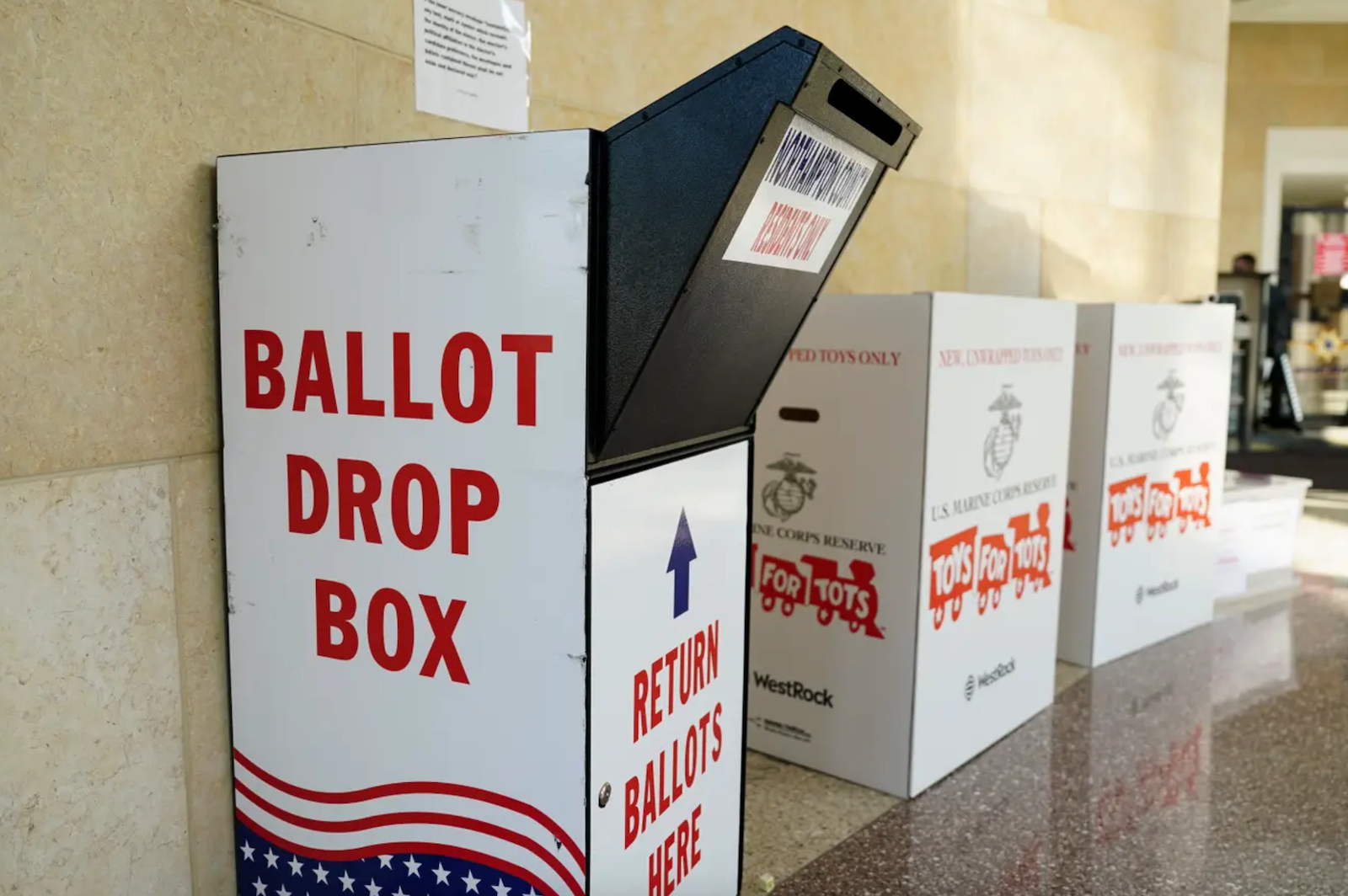
This story originally appeared on Spotlight PA.
Election experts in Pennsylvania expect largely smooth sailing at the polls this week, anticipating the unofficial results for most races on the April 23 ballot will be available on election night.
Pennsylvania has been holding elections using no-excuse mail voting since 2019, and the state has steadily moved from persistent delays in reporting results to relatively quick turnarounds. This has been accomplished mostly thanks to workers’ increasing familiarity with the mail process, and state grants allowing counties to upgrade their equipment.
“I would expect almost all counties to be able to report an overwhelming number of those ballots on election night,” said Jeff Greenburg, a former Mercer County election director who now works for the good-government group Committee of Seventy. He added that “there could be a few that stretch into Wednesday.”
On the ballot are candidates for president and U.S. Senate, though those races are essentially decided on both sides of the aisle. More lively are the races for Pennsylvania’s three row offices: both the Democratic and Republican attorney general primaries have multiple candidates, and there are competitive Democratic primaries for treasurer and auditor general.
The state House and Senate are also full of races to watch.
Final outcomes for most of the races in both chambers will be decided in the primary, thanks in part to legislative maps that have created a relatively small number of truly swingable districts. Races to watch include those of state House Minority Leader Bryan Cutler, who is being challenged from the right for his Lancaster County district, and Democratic state Rep. Amen Brown, who faces two challengers to his left in a West Philly district that has in recent years seen repeated turnover in its representation.
As of Friday morning, the Pennsylvania Department of State had approved nearly 896,000 applications for mail ballots; it approved 1.82 million during the presidential primary in 2020. That year, just under 80% of voters returned those mail ballots, according to the department.
Voters who have already filled out and returned their mail ballots may have noticed several changes from previous years. The department put these in place to cut down on common ballot errors like failing to sign or date them, misdating them, or forgetting to use an interior secrecy envelope, according to Secretary of the Commonwealth Al Schmidt.
“Since the 2020 election cycle, thousands of mail ballots have not been able to be counted because of errors that voters made while completing their mail ballots,” Schmidt said in one of several recent, daily updates on election preparations.
The redesigned ballots include an instruction sheet that has graphics. The interior secrecy envelope is now yellow, which Schmidt says is intended to distinguish it more clearly from the outer envelope. The outer envelope also has a colored stripe to help the Postal Service identify election mail, and it includes a revised section for dating and signing the ballot that highlights where these elements must go.
The redesign also is in part an acknowledgment of the state laws and court rulings currently dictating Pennsylvania’s mail voting rules.
The handling of undated and misdated ballots, in particular, is still under active litigation. The most recent decision on the subject saw a three-judge panel of the 3rd U.S. Circuit Court of Appeals rule that ballots must be properly dated. If a voter fails to date an outer ballot envelope or writes a clearly incorrect date, such as their birthday, counties must reject the ballot.
Voting rights groups are appealing the ruling on the grounds that a missing or incorrect date is an immaterial error, and that rejecting these ballots disenfranchises eligible voters. However, the status quo will not change before the primary election.
There also remain several areas of state law in which there is no consistent statewide rule. Counties can decide whether to offer remote drop boxes for mail ballot returns. And they can decide whether to offer ballot curing, in which election officials notify voters of mail ballot mistakes before Election Day.

Pennsylvania
Pa. Senate approves GOP's $3B tax-cutting plan
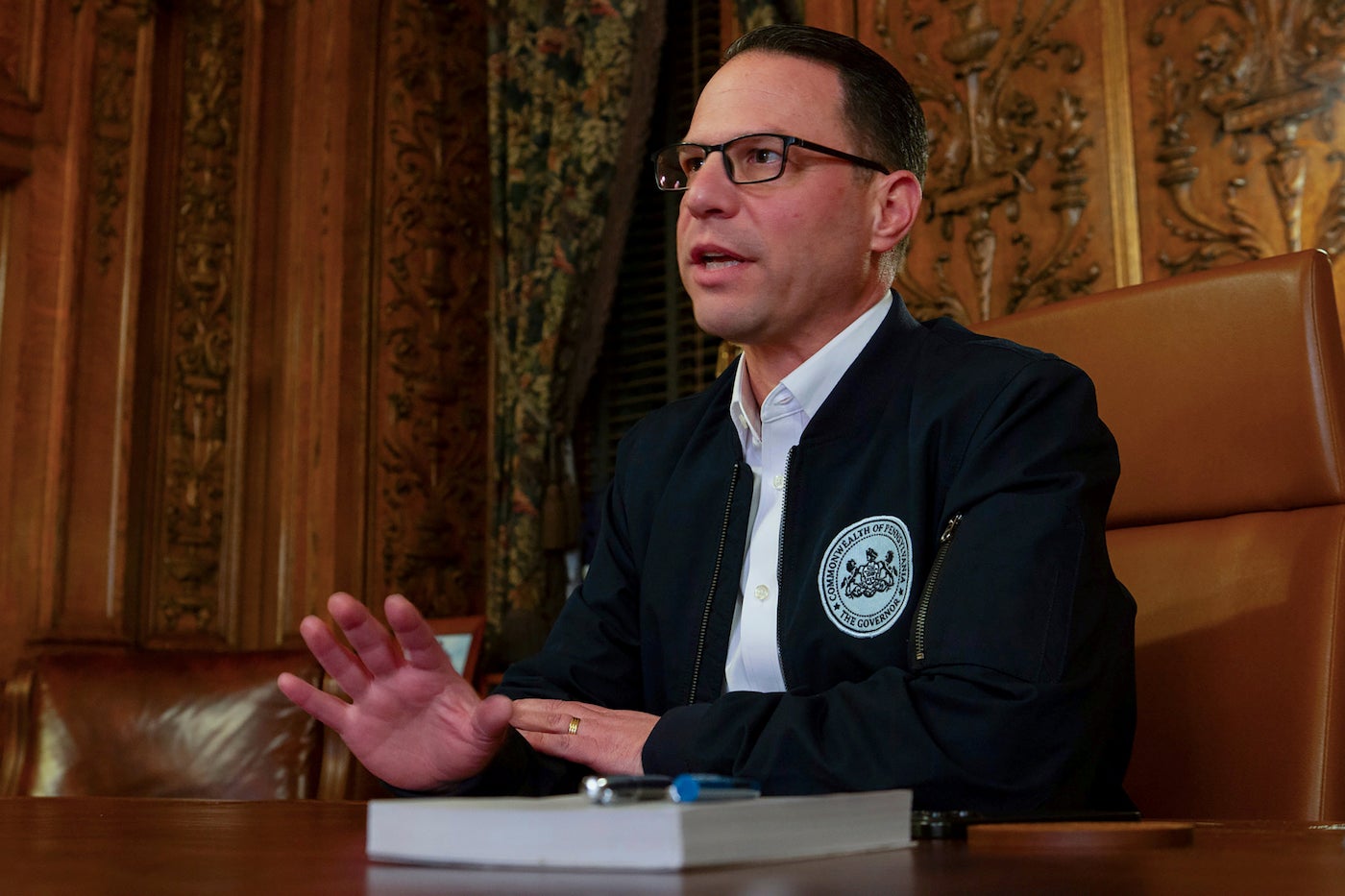
Republicans contended that such tax cuts would improve household budgets and stoke the economy in a state that desperately needs to step up its growth and appeal to keep pace with faster-growing states.
Shapiro’s administration expects to have $14 billion in reserve by the end of June, and what to do with it has been the subject of debate in Harrisburg.
In a statement, Shapiro didn’t say whether he supports it, but did welcome a conversation about what to with the state’s surplus.
“With this proposal, Senate Republican Leaders are coming to the table and acknowledging that we must invest in Pennsylvania’s future,” his office said.
Democrats sought to attach tax breaks for the lowest earners — rejected by Republicans — and criticized the bill as lacking transparency, having emerged barely 24 hours before the vote.
They also said it lacks any help for public schools, considering last year’s court decision that found Pennsylvania’s system of funding public schools violates the constitutional rights of students in poorer districts.
Sen. Sharif Street, a Democrat from Philadelphia, said that attracting companies and new residents is about more than tax rates. People want a good quality of life, like good public schools and safe communities, and cutting taxes doesn’t help Pennsylvania improve its poor track record on funding schools and public safety, Street said.
“It will not attract growth to Pennsylvania, it will not attract jobs and it is a failed strategy,” Street said during floor debate.
The Senate GOP’s tax legislation would reduce the personal income tax rate from 3.07% back to the 2.8% level where it was before lawmakers in 2003 raised it to fill a deficit amid a foundering economy.
The bill also would eliminate the 4.4% gross receipts tax on the profits of private electric utilities, a tax that dates back to the 1800s and and is passed through to commercial and residential electric customers.
Shapiro’s $48.3 billion budget proposal, released in February, envisioned a $3 billion increase in spending, or about 7%, while leaning on Pennsylvania’s flush reserves to help underwrite it.
Shapiro’s plan would send billions more for underfunded public schools, public transit, services for the intellectually disabled, higher education and major industrial and high-tech projects to invigorate a slow-growing economy.
To balance, the proposal would shrink the state’s cash reserve from $14 billion to $11 billion. It has the backing of top Democratic lawmakers, but it has yet to see a vote in either chamber.
Republicans say that Shapiro’s spending plan puts the state on a path to drain the surplus within a few years and require a tax increase, given the state’s slower-growing tax collections.
The surplus began accumulating during the COVID-19 pandemic, when billions in federal aid covered some bills the state would normally pay and rising inflation pushed up tax collections on income and sales.
Pennsylvania
Pa. Senate race among many roiled by campus protests over the war in Gaza

Casey, long a staunch supporter of Israel, has criticized acts of antisemitism on campuses and pointed to legislation he sponsored as a way to make sure the Education Department takes action.
“Students of course have the right to peacefully protest, but when it crosses the line either into violence or discrimination, then we have an obligation to step in and stop that conduct,” Casey said Thursday as he urged colleagues to pass his bill.
Democratic Sen. Jacky Rosen of Nevada, who is Jewish and facing reelection, said she was “horrified” by displays of antisemitism on campuses and, like Casey, called for the department to hold schools accountable.
In California, U.S. Rep Adam Schiff, the Democratic nominee for an open Senate seat, took aim at the Columbia demonstration and said “antisemitic and hateful rhetoric is being loudly and proudly displayed.” Accused by Garvey of being “incredibly silent” on the protests, Schiff, who is Jewish, voted for a House bill similar to Casey’s and released a statement that condemned violence and the “explicit, repeated targeting and intimidation of Jewish students.”
Republicans elsewhere contended statements by Democrats were equivocating and inadequate.
Republicans called out Sen. Sherrod Brown, D-Ohio, after he told an Axios reporter last week that he was “not going to talk about the politics of that. People always have the right to speak out and should.”
His Republican opponent, Bernie Moreno, charged that Brown had “wholeheartedly endorsed these vile and violent antisemitic demonstrations.”
Later, at a news conference, Brown gave more expansive comments. “Students want to make their voices heard, they need to do it in a way that’s nonviolent, they need to do it in a way that doesn’t spew hatred, and laws need to be enforced,” he said.
In Michigan, which has a relatively significant Muslim population, Biden’s handling of the war is expected to factor heavily into the presidential and Senate races.
Rogers, a favorite for the GOP nomination, thanked New York City police for confronting protesters and “standing up to protect Jewish students at Columbia from the visceral hatred we’ve witnessed from Hamas sympathizers on their campus.”
Republicans argued that U.S. Rep. Elissa Slotkin, the front-runner for the Democratic nominationfor Senate, had not spoken out strongly against protests at Columbia, her alma mater, and that she took five days after they began to say anything at all.
Slotkin, who is Jewish, said in an April 22 statement — the most recent wave of demonstrations began at Columbia on April 17 — that “the use of intimidation, antisemitic signs or slogans, or harassment, is unacceptable.”
It was, she suggested, a complicated topic.
“I would rather be thoughtful and take more time than have a knee-jerk answer for any issue,” Slotkin said in an interview. “But especially this one.”
Pennsylvania
Best US states: Pennsylvania, New Jersey, Delaware ranked in new study

PENNSYLVANIA – We all think our state deserves to be the best – but do the stats match our hometown pride?
U.S. News & World just ranked all 50 states in its 2024 “Best State Rankings,” and the Delaware Valley’s rankings may surprise you.
Evaluated by crime and corrections, economy, education, health care, and more; here’s how Pennsylvania, New Jersey and Delaware fared:
Pennsylvania
The No. 40 spot goes to Pennsylvania!
- 16th in Crime and Corrections
- 41st in Economy
- 39th in Education
- 11th in Health Care
“Pennsylvania has been one of the nation’s most important industrial centers for coal, steel and railroads, especially before World War II. The state is today among the country’s largest producers of canned fruit and vegetable-specialty products, chocolate and cocoa products, potato chips and pretzels, and is home to the “Snack Food Capital of the World.”
New Jersey
The Garden State earned the top ranking in the Delaware Valley at No. 14:
- 5th in Crime and Corrections
- 24th in Economy
- 4th in Education
- 4th in Health Care
“The home of native musical legends such as Bruce Springsteen, Jon Bon Jovi, Frank Sinatra and Whitney Houston, New Jersey is known for more than producing popular hit-makers. It has world-class universities, leading technology and biological science firms and one fast turnpike.”
Delaware
Drop a couple of spots, and you’ll find Delaware at No. 21:
- 32nd in Crime and Corrections
- 21st in Economy
- 33rd in Education
- 9th in Health Care
“Known as the First State, Delaware became the first state to ratify the Constitution in 1787. Delaware, which hugs the Atlantic coast, runs only 96 miles long and 39 miles wide and has just three counties: New Castle, Kent and Sussex.”
Top 10 Best States
- Utah
- New Hampshire
- Nebraska
- Minnesota
- Idaho
- Iowa
- Vermont
- Washington
- Florida
- Massachusetts
-
Movie Reviews1 week ago
Challengers Movie Review
-

 Politics1 week ago
Politics1 week agoHouse Republicans brace for spring legislative sprint with one less GOP vote
-

 World1 week ago
World1 week agoAt least four dead in US after dozens of tornadoes rip through Oklahoma
-

 Politics1 week ago
Politics1 week agoAnti-Trump DA's no-show at debate leaves challenger facing off against empty podium
-

 Politics1 week ago
Politics1 week agoStefanik hits special counsel Jack Smith with ethics complaint, accuses him of election meddling
-

 News1 week ago
News1 week agoAs student protesters get arrested, they risk being banned from campus too
-

 World1 week ago
World1 week agoNine on trial in Germany over alleged far-right coup plot
-

 News1 week ago
News1 week agoVideo: Police Arrest Columbia Protesters Occupying Hamilton Hall


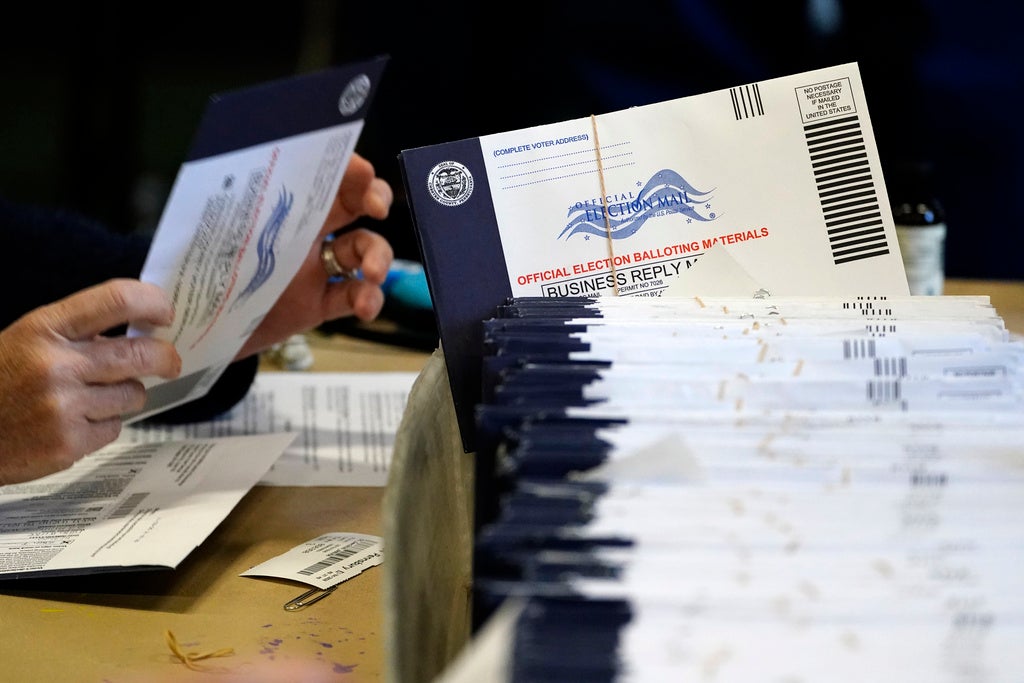

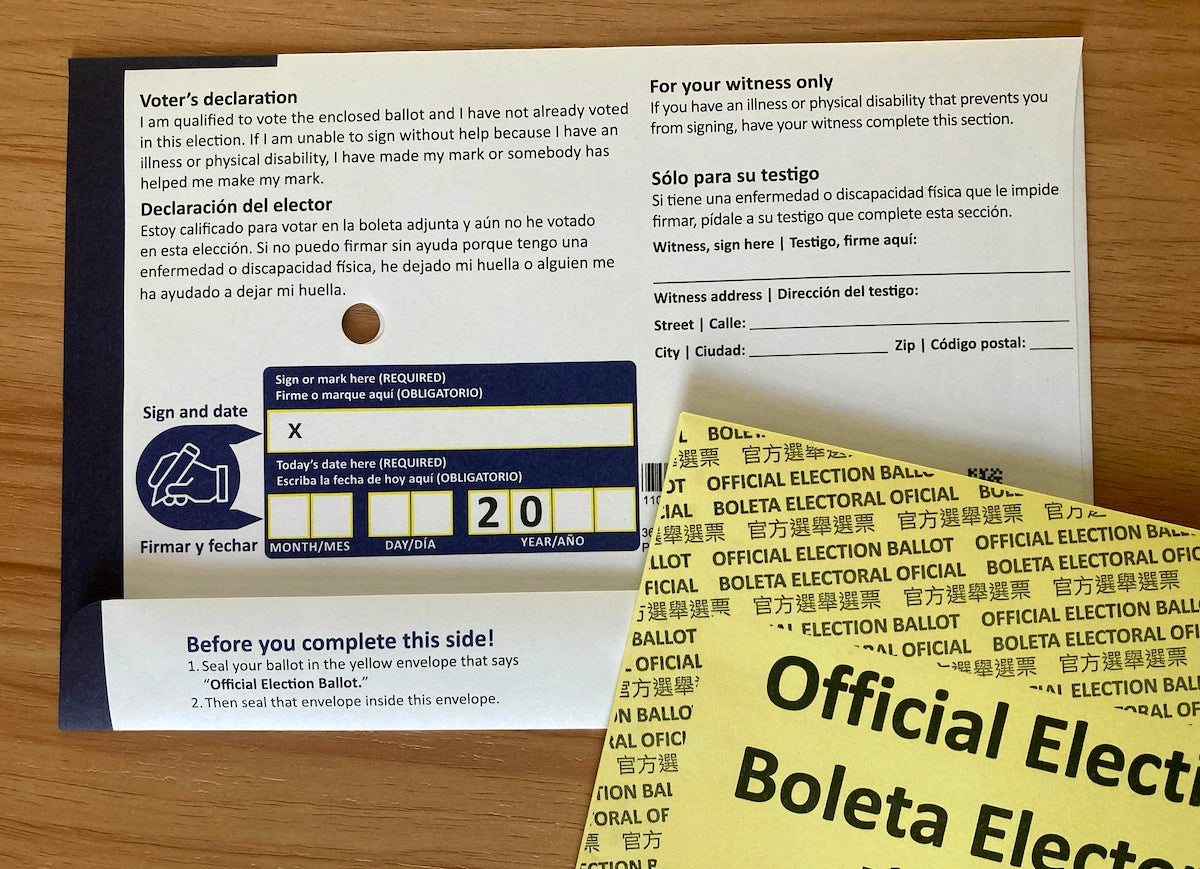
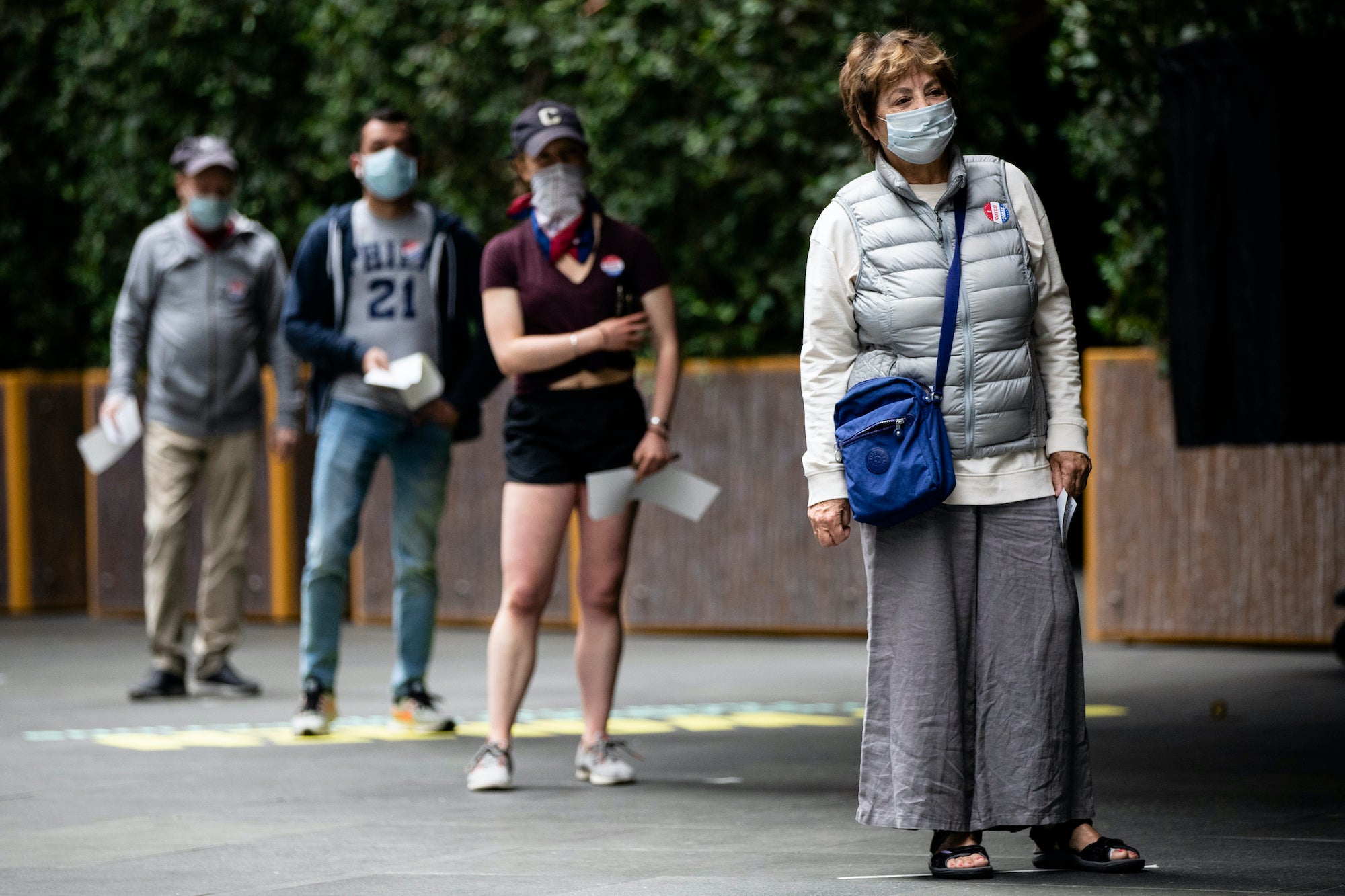



/cdn.vox-cdn.com/uploads/chorus_asset/file/24628301/236640_UK_online_safety_bill_HHerrera.jpeg)











